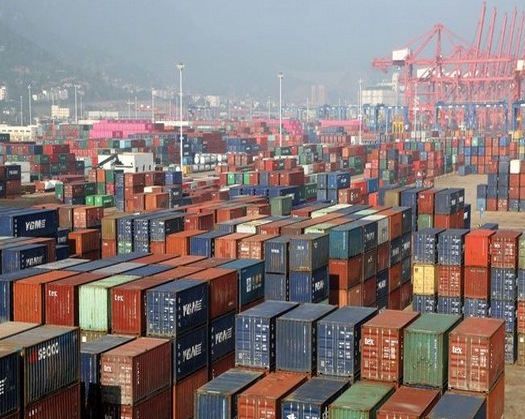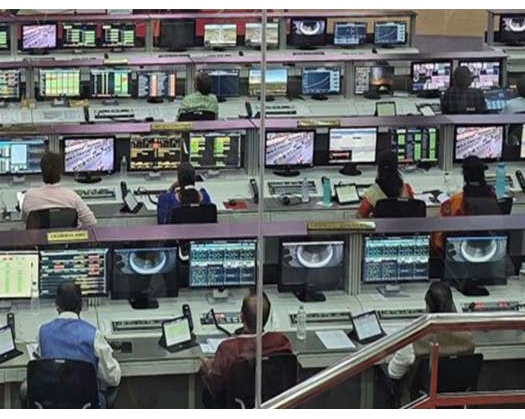New Delhi: Despite recent fluctuations and growing confrontations between Israel and Iran, Brent crude oil prices are projected to average roughly $70 per barrel in FY26, according to Emkay Research.
According to the report, the oil markets are still fundamentally well supplied, with increasing output from both OPEC+ and non-OECD+ countries.
It stated that we continue to assume Brent prices of USD 70/bbl for FY26. Fundamentally, oil markets are well supplied owing to increasing production. This constant supply is projected to help stabilise prices in the coming weeks, despite the fact that geopolitical concerns may cause short-term volatility.
According to the report, Israel's assault on Iranian nuclear facilities and personnel first resulted in a significant 1213% increase in oil prices, with Brent crude approaching USD 80 per barrel.
Since then, prices have stabilized at roughly USD 75/bbl, despite continuous assaults from both sides. Iran has retaliated by launching missiles at Israeli cities, while Israel has stepped up its assaults on Iran. Signals from the US administration regarding a ceasefire remain ambiguous.
According to the study, oil prices are expected to stabilize unless there is long-term harm to oil and gas infrastructure, similar to previous patterns observed during the Russia-Ukraine war. A ceasefire could potentially lower Brent prices to below USD 70 per barrel.
The report also noted that Iran had partially closed its South Pars gas field in response to Israeli assaults. A significant fuel depot and a gas refinery were targeted, although the effect appears to be confined to domestic markets. Israel has halted operations at two of its gas fields, which supply Egypt and Jordan.
As a result, spot LNG prices have risen to roughly USD 13. 5/mmbtu, up from USD 12/mmbtu prior to the conflict.
The report also stated that oil markets in 2025 would be adequately supplied, with stocks increasing. Although short-term volatility may persist, the annual average Brent crude price is still projected to be roughly USD 70/bbl.
At this pricing point, both upstream oil companies and oil marketing firms (OMCs) are in a secure zone.
However, the report found that OMCs provided a more appealing valuation and superior risk-reward profile.
The report raised worries about the gas market, stating that the early arrival of monsoons had influenced demand, rendering the gas forecast unclear.









